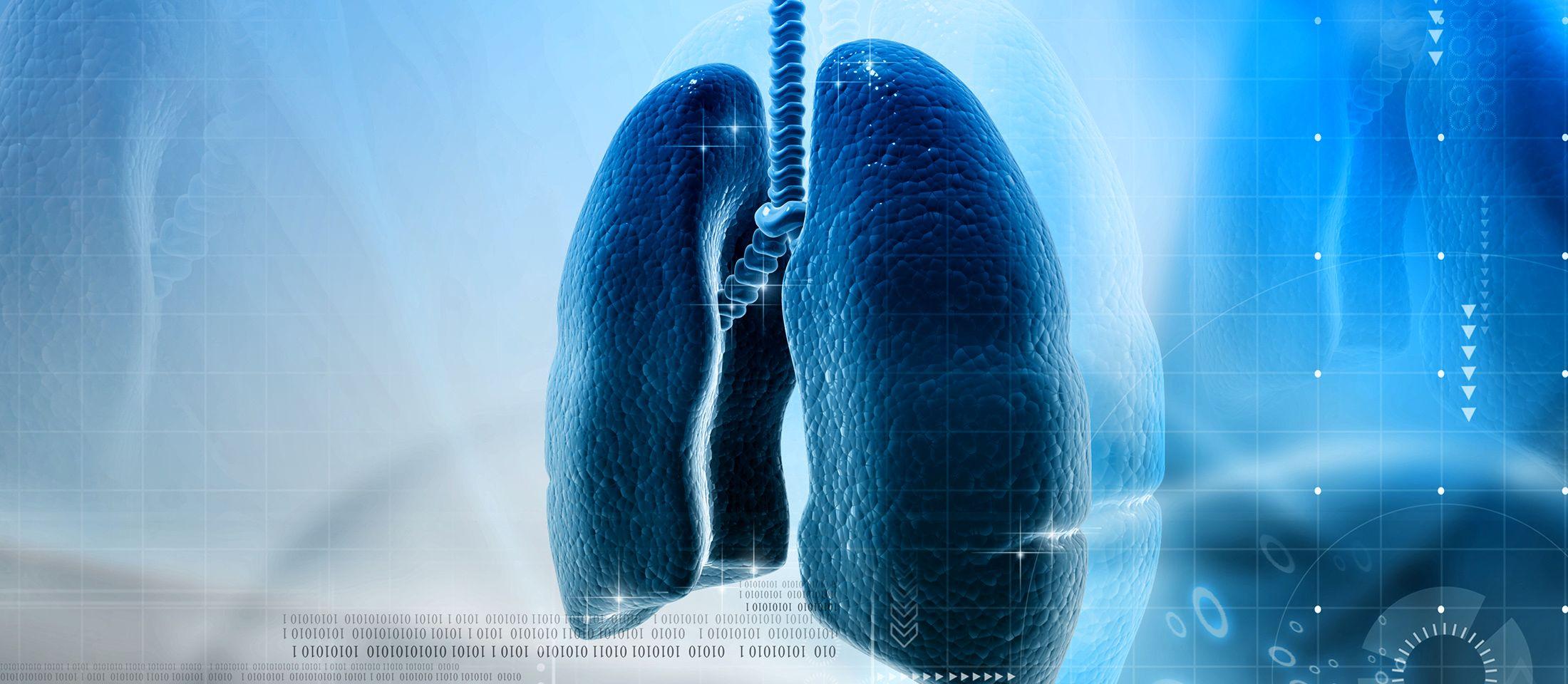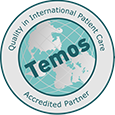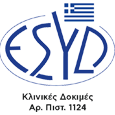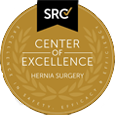Metropolitan General, as any other well-equipped Hospital, has established a Department of Pulmonology, an integral part of the Department of Internal Medicine, and covers all activities related to the diseases of the respiratory system.
The Department of Pulmonology has:
- Regular Outpatient Department, with the capacity to:
- Clinical monitoring of chronic and often variable symptomatology of respiratory diseases.
- Provide inpatient support
- Laboratory Functional Breathing Control, the equipment of which allows the investigation and clinical assessment of obstructive syndromes (chronic obstructive pulmonary disease, bronchial asthma), restrictive lung diseases (pulmonary fibrosis, chest wall diseases, neuromuscular conditions, etc), interstitial lung diseases.
To investigate the above syndromes, it is possible to measure dynamic (FEV1, FVC, FEF 25%-75%) and static (TLC, RV, FRC) tumors, as well as the lung diffusion capacity (DLCO, KCO). - Sleep-related Breathing Disorders Laboratory for the investigation of sleep apnea syndromes.
- Bronchoscopic laboratory, with the capacity of performing bronchoscopies, endobronchial and transbronchial biopsies, transbronchial needle aspiration-TBNA, bronchial washing, bronchial brushing and bronchoalveolar lavage-BAL.
Smoking cessation clinic
The experienced Pulmonologists at the Smoking Cessation Clinic are aware that quitting smoking is a difficult process; this is why approaching the problem from the human perspective is their number one priority. Depending on the nicotine dependence of the smoker, his medical history and the examination of his respiratory and cardiologic systems, our physicians, through counseling and medication (where necessary), help the patient to free himself from this harmful habit.
There are two Smoking Cessation Programs; they are planned according to the individual needs of the patient, and their duration depends on the grade of nicotine dependence of the smoker. Both Programs include two spirometries (on the first & last visit to the clinic), a pulmonary examination, counseling, guidance on withdrawal symptoms and, in case of medication administration, monitoring of intake. At the same time, patients can call the Department to receive information and support over the phone.
Contact Number: +30 210 650 2000










































